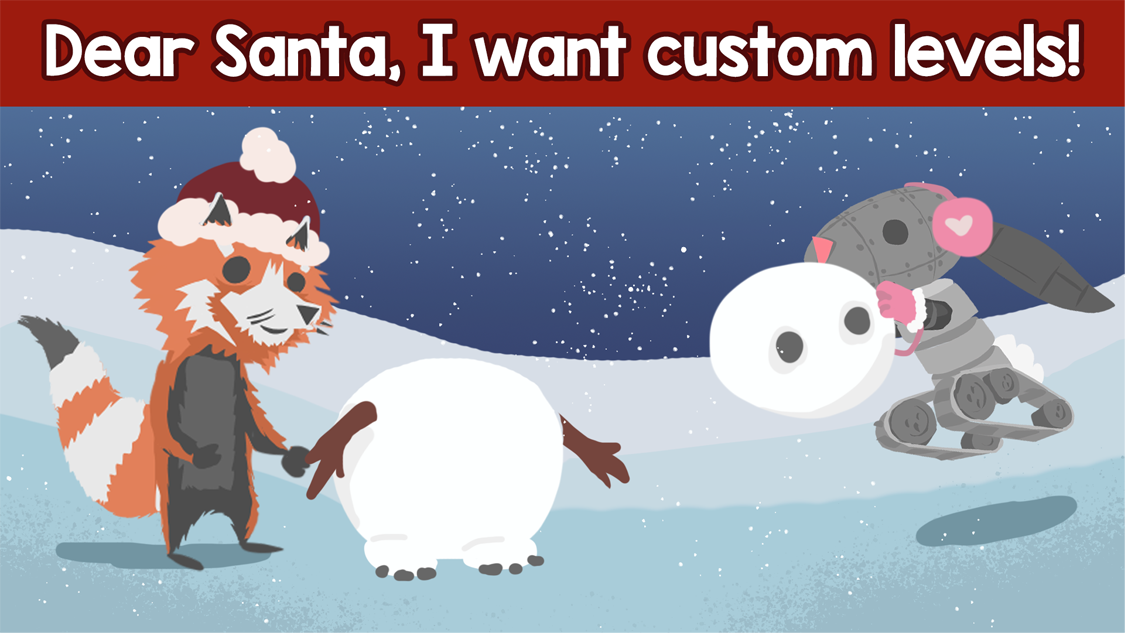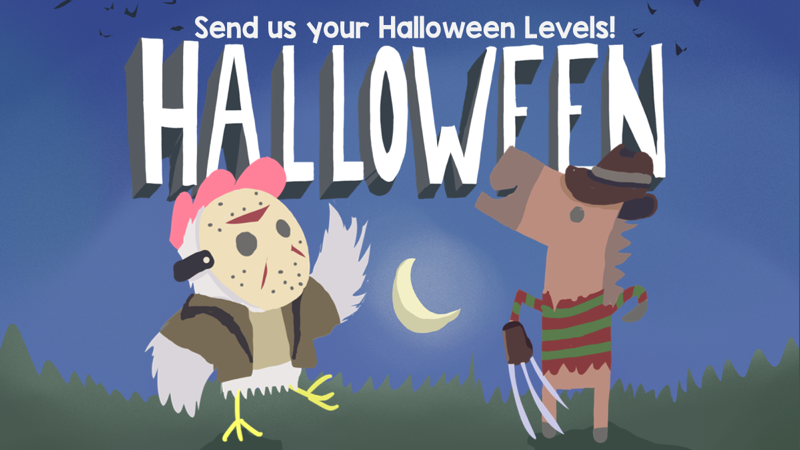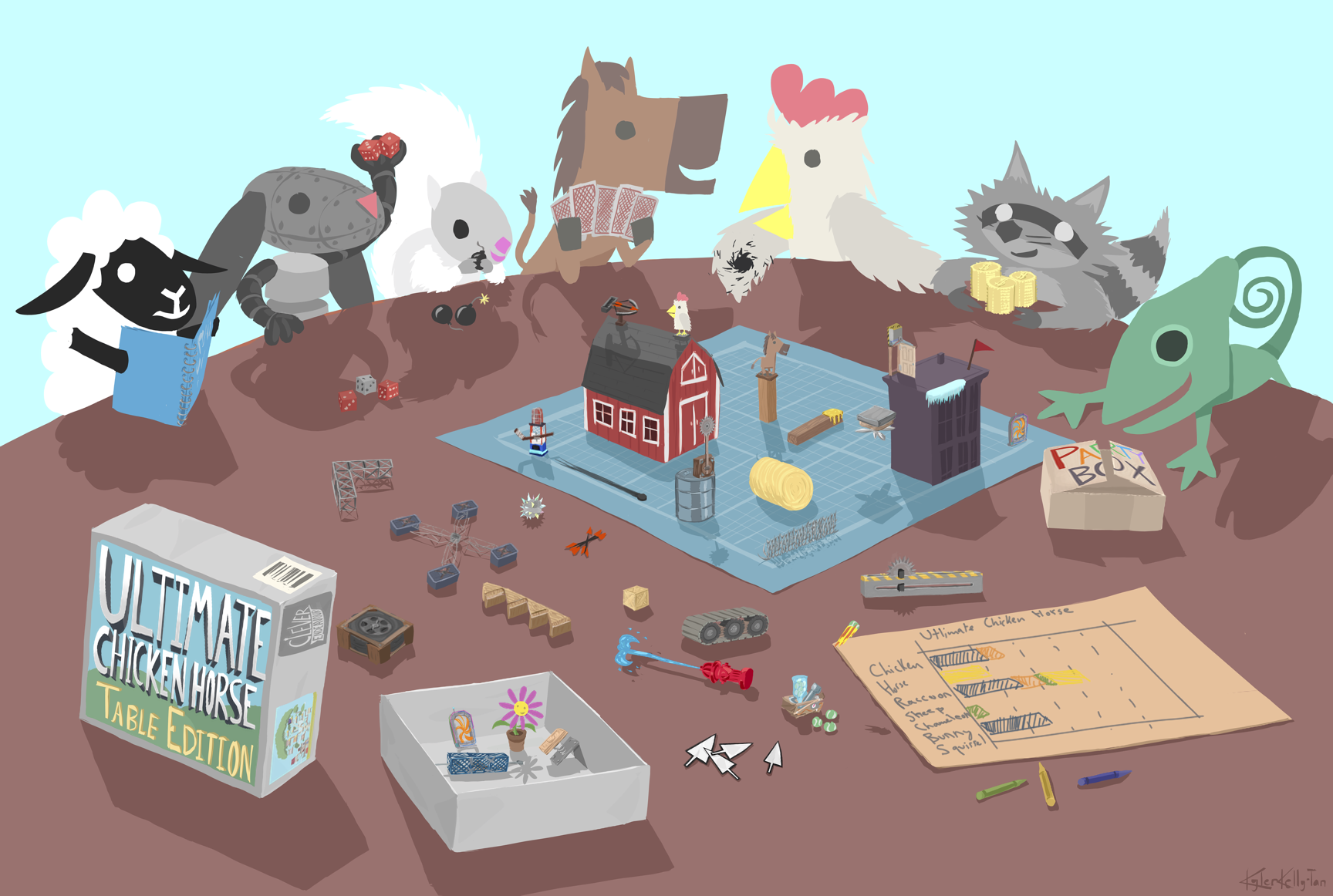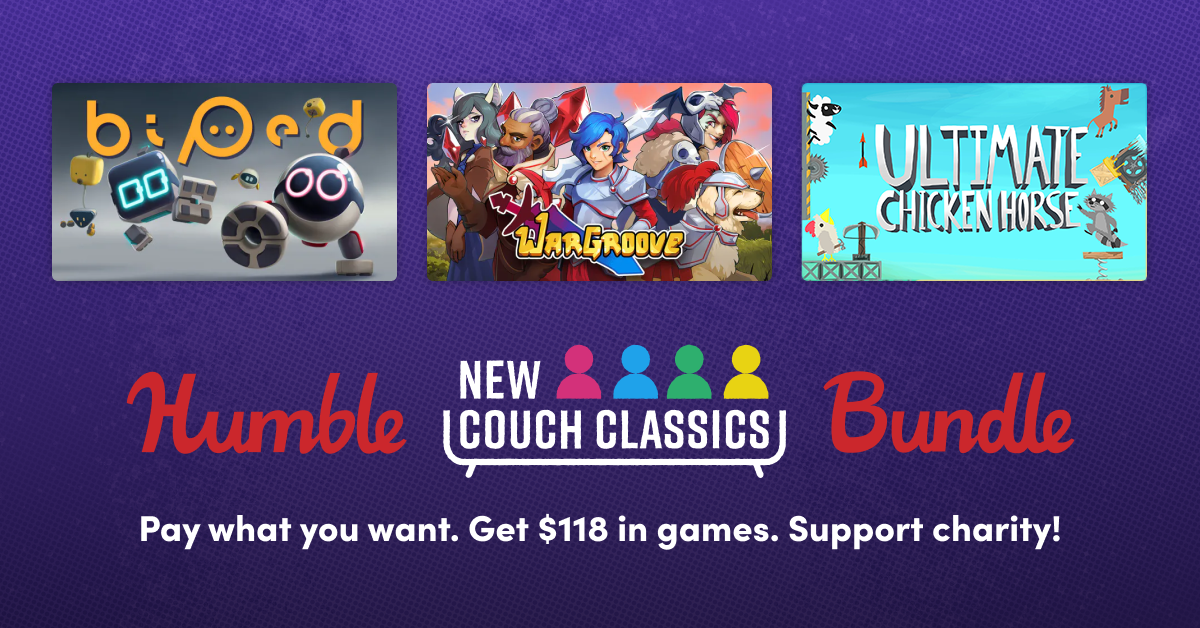Thoughts from PAX 2018
/A few weekends ago, Rich went to PAX, the massive gaming expo that happens in Boston every spring. There, he played a bunch of cool games. A large bunch of cool games. In fact, by his account, he saw and played around 40 games, and took notes on each and every one. He tells his story below:
The reason I went to PAX was to see what the current market is like, meet other developers, have some meetings, and try to get some inspiration for whatever it is we're doing next. Below are my three favourite games, but it should be noted that I didn't spend much time looking at games from Montreal teams because I already know them, so those will be omitted from the list. Sorry Montreal friends!
Lonely Mountains: Downhill by Megagon Industries was probably my favourite game I played at PAX. The game is a downhill biking game with a beautiful low poly art style, where your goal is to make it to the bottom of the mountain. The coolest thing I found about this game was that you can play in two ways: you can either try to get the fastest time, find the best shortcuts, and race down while making precise turns, or you can take your time and explore the scenery and enjoy the ride. I'm the kind of person that would explore and see if I could find all the secrets, and maybe come back for more competitive play as well. Really excited for this game!
The next favourite game, which I've seen before but just had to mention because it's outstanding, was The Messenger, by Sabotage Studio. It looks like a classic NES platformer executed absolutely perfectly.
With echoes of Ninja Gaiden, this game does a great job of giving that retro, nostalgic feel while keeping some of the elements of new games that we know and love, that the NES simply didn't have the capacity to do. I see this game a bit like Shovel Knight, in the sense that it stands out from the indie retro platformer crowd by very clearly showing that it's a professional throwback executed with great care.
Last but not least, was a game called Synthrally by Roseball Games. The below gif is a bit confusing, so I'll explain.
You play as a red or blue shape / character, and a disc is passed back and forth. Your goal, depending on the game mode, can be to not get hit by the disc, to knock the disc into another players target, etc. When it comes close to you, you can press a button to hit it back, shoot it with an arrow, or use other abilities to move the disc. There was actually a lot of depth to the game, and when playing as teams of two there was even more depth; players had to choose their class and abilities and try to compliment each others' play style. While I think the game is really great, I wonder if its minimal art style won't hurt it down the line, similar to how Videoball was a fantastic game but might not have had enough flair to attract the average gamer. Time will tell, but I hope it does well.
All in all, the PAX trip was really great. I learned a lot, practiced my analysis of design, talked to some cool devs, and got a good snapshot of what's happening in the indie scene. I'll admit I didn't see much of the AAA world, but I did see another billion class-based shooters and battle royale games.
See you next time!
